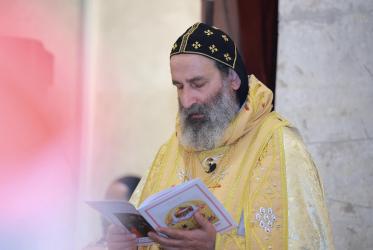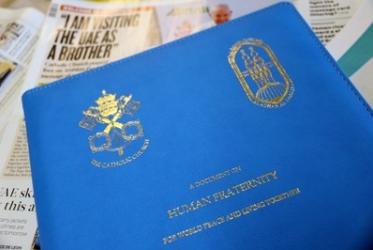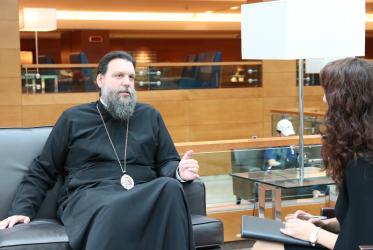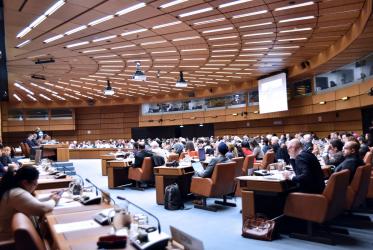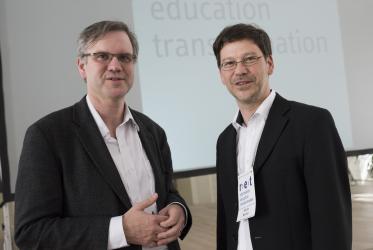Displaying 1 - 20 of 39
Brazilian churches call for transformative racial justice
23 November 2020
Interfaith Rainforest Initiative expands
12 February 2019
Fr Alexi - a peacemaker in Syria
21 December 2018
#WCC70: A story of life
07 June 2018
Turning plans into action to prevent incitement to violence
14 February 2018
G20 summit: call to pray for peace in Hamburg
07 July 2017
In Syria and Iraq, minorities must come out of the darkness
28 November 2016
WCC/UN conference calls for coordinated action on refugee crisis
20 January 2016


